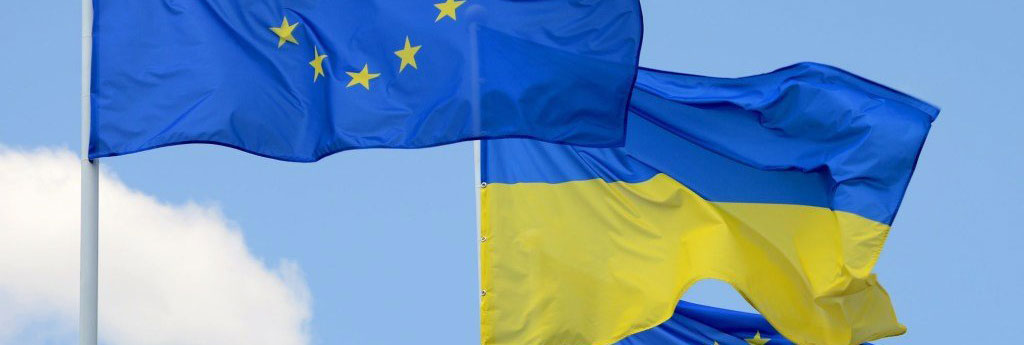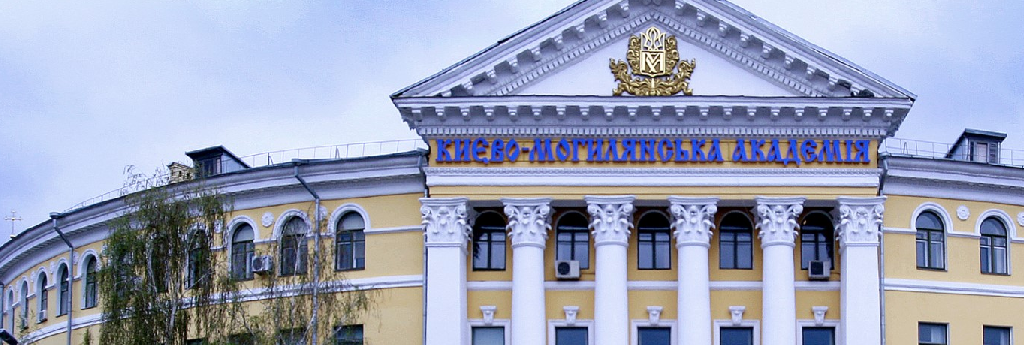Jean Monnet Module INTEGTRADE
About the project
The evolution of the EU can be to a large extent depicted as a history of continuously deepening trade liberalization and economic integration. Nowadays the Single Market is one of the world’s largest free trade area, marked by the uniquely deep scope of integration, as compared to the free trade areas, as created by other agreements (e.g. the North American FTA or the recently concluded Regional Comprehensive Economic Partnership Agreement (RCEP). Not surprisingly, “deep” trade liberalization (i.e. going far beyond trade in goods to encompass, inter alia, trade in services, public procurement, competition and sustainable development) lies at heart of the EU foreign policy, in general, and its relations with Eastern Neighbourhood, in particular. The EU’s focus on bilateral and plurilateral trade liberalization became particularly salient following the deadlock of the World Trade Organisations’ Doha Development Round in 2005-2006 and the EU’s growing awareness about the challenges of reconciling divergent interests in terms of the multilateral trade liberalization.
A notable example of “deep” trade agenda’s central role in the EU’s relations with its immediate Neighbours is constituted by the Association Agreements (including Deep and Comprehensive Free Trade Area) between the EU, of the one hand, and Ukraine, Moldova and Georgia, respectively, of the other hand, concluded in 2014. Since that time, associated Eastern Neighbours have undertaken considerable efforts to approximate their legislation, as well as administrative practices to acquis communitaire and respective EU practices. In Ukraine, the approximation of laws and practices to the DCFTA has been concerned with significant capacity, coordination and political will-related challenges. Yet, the approximation process is also marked by considerable successes, such as the establishment of transparent public procurement system (thanks to the e-tools “Prozorro” and “Dozorro”), the launch of the State Service of Ukraine on Food Safety and Consumer protection and fulfilling numerous conditions, needed to conclude the Agreement on Conformity Assessment and Acceptance of Industrial Products (ACAA). Furthermore, the improvement of legality, legal certainty, transparency and accountability, integrity and stakeholder participation standards in numerous domains, covered by the DCFTA, immediately contributes to fostering democracy, human rights and the rule of law. In other words, the EU “deep” trade agenda is capable of promoting EU values abroad, and an emphasis on non-trade policy objectives in EU trade policy strategies becomes increasingly salient (e.g. the Commission’s 2015 “Trade for All” Strategy).
Against this background, the project seeks to educate NAUKMA students and alumni, as well as young policy-makers, civil servants and civil society representatives about the role of trade as an instrument of European integration, as well as the EU-oriented transformations in the Eastern Neighbourhood. It will also spread knowledge about the role of trade in the EU-Ukraine relations, and the progress, accomplishments and challenges of the DCFTA implementation among general public, thus, bringing the EU closer to the public. The rationale for the project lies in offering both students and young professionals, of the one hand, and general public, of the other hand, an interdisciplinary insight into the cross-cutting role of trade liberalization for European integration, in general, and advancing EU-Ukraine relations, in particular.
The INTEGTRADE Jean Monnet Module will thus include the following actions:
- Enriching the NAUKMA curriculum with a course on European integration through trade with a focus on the implementation of the EU-Ukraine DCFTA;
- Promoting the dialogue between the academic world and wider society representatives, such as policy-makers at different levels, civil servants and civil society representatives as to the DCFTA implementation and its transformative potential to various sectors, also in the context of post-war rebuilding in Ukraine;
- Increase awareness among course participants on (i) the role of trade in EU integration and (ii) the implementation of the EU-Ukraine DCFTA and the DCFTA’s transformative potential in the democracy, human rights and rule of law domains.
- Improve students’ ability to analyze the EU-Ukraine DCFTA implementation and communicate the findings to wider society in a simple and engaging manner.
- Provide journalists and bloggers from Kyiv and Ukraine’s regions with up-to-date information about the EU-Ukraine DCFTA implementation in terms of two free seminars during each year of project implementation.




